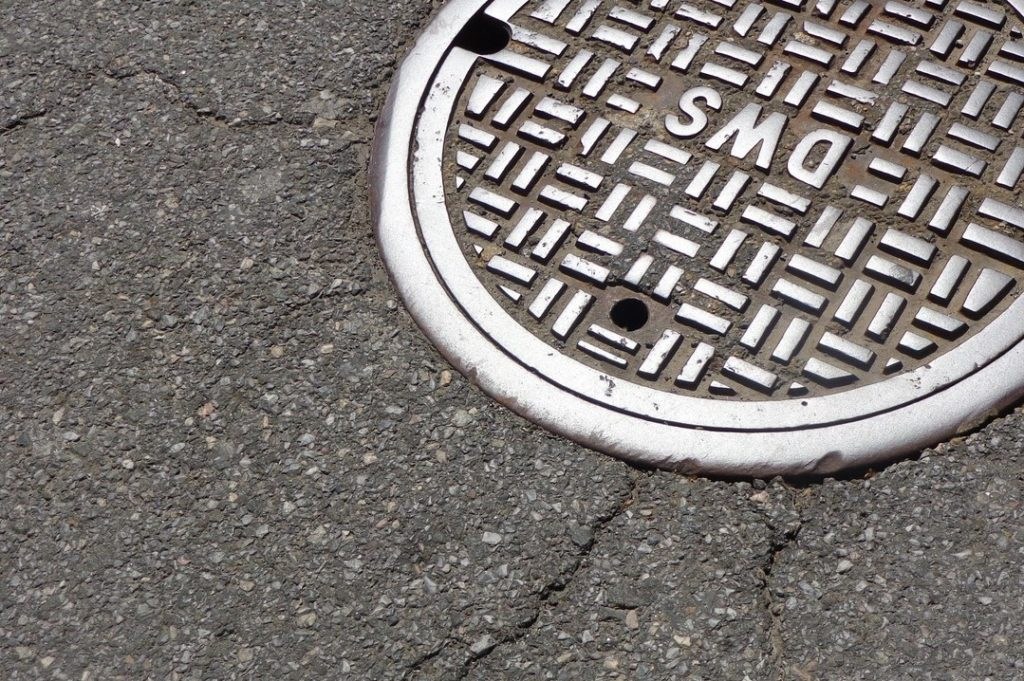E-Biom, a spin-off company of the university of Namur, is in talks with the federal health institute Sciensano to extend a pilot project they are currently involved in to trace the coronavirus via wastewater.
The current project concerns regular weekly testing of the wastewater in several large towns in Wallonia. Sciensano intends to extend that to the rest of the country, according to Céline Tellier, Walloon minister for the environment.
Tracking the virus SARS-CoV-2 through the sewers is a popular investigative technique these days. In July, the city and university of Leuven announced a pilot project to do just that. The project is led by Professor Bert Aertgeerts, who explained the purpose.
“With wastewater analysis, we want to detect whether and to what extent infections occur in a certain area or population, even before this is shown by an increase in the number of people who test positive for Covid-19,” Prof. Aertgeerts said.
“After all, some infected persons also have virus particles in the digestive system. Those particles are excreted and thus end up in the sewage.”
Because the sewage system is very well mapped, as well as being enclosed, is is possible to tell from samples at each collection point exactly where the wastewater came from. Fluctuations in the levels of virus can be an early indicator of a cluster of infections, before anyone involved feels the need to seek medical advice.
North of the border, the Dutch State Institute for Public Health and the Environment (RIVM) also announced this week it would be carrying out a weekly collection of samples for testing for the virus.
The RIVM started in April with a pilot project involving 29 measuring points, increasing to 80 in July. The programme will now be extended to cover the whole country.
The Namur-led programme, meanwhile, will start with an eight-week trial covering 16 measuring points in Wallonia, two in Brussels and 24 in Flanders.
Sciensano wants to work out which protocol to use – that in effect in Wallonia or the one used in Flanders, the difference being the gene used as a marker for the virus.
“The objective is to confirm the protocol to be implemented at national level,” Tellier said.
Alan Hope
The Brussels Times

